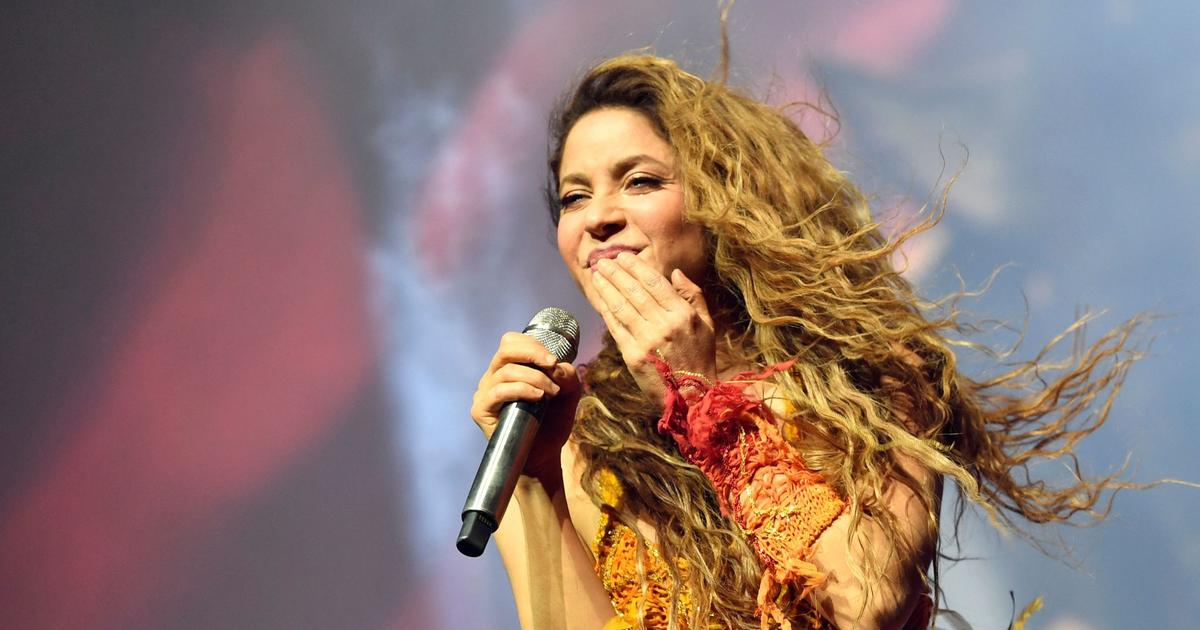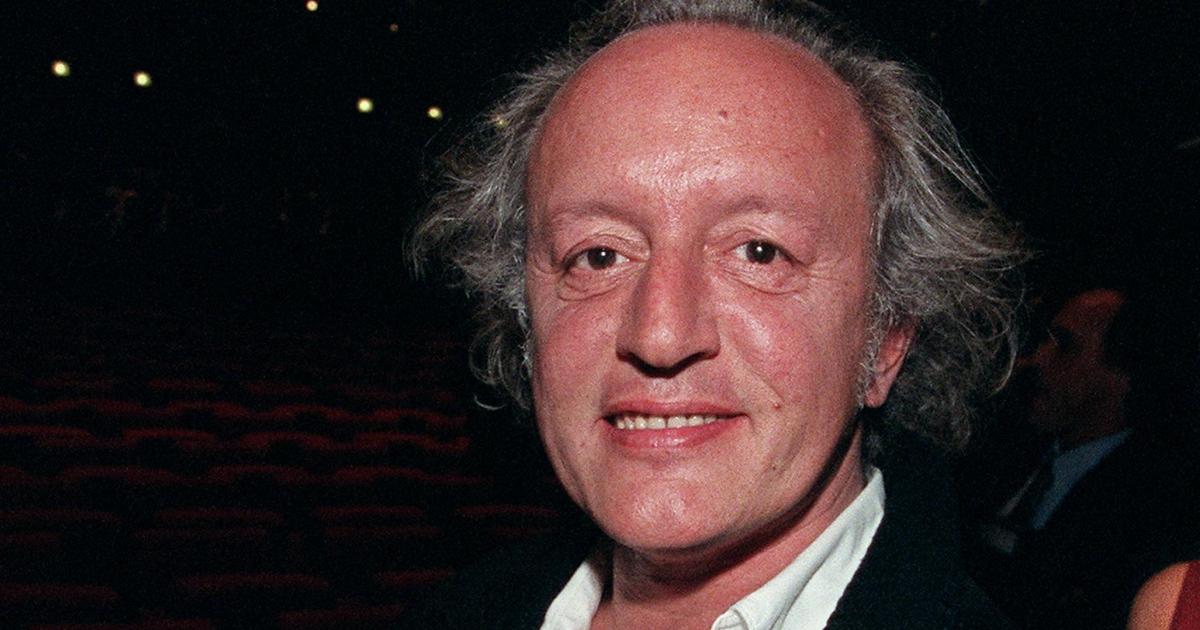According to official Cuban history, in the midst of the revolution of the 1950s, one of the emblems of Fidel Castro and other guerrillas during the war were the three words:
Homeland or Death.
An emblem that has been repeated millions of times in speeches, statues or official propaganda, as famous as
Hasta la victoria siempre
.
But almost six decades later, a group of musicians dared to insult the official logo and the Government of Cuba, which failed to stop the digital broadcast of the song, responded with deep irritation.
It all started last week, Tuesday, February 16, when the musicians published a song called
Patria y Vida
on various platforms
.
“We are the dignity of an entire people trampled on;
At gunpoint and with words that are still nothing, ”says the song by Cuban rappers Maykel Osorbo and El Funky –who live on the island– along with other musicians who live outside of Cuba, such as Yotuel, Gente de Zona and Descemer Okay.
“No more lies, my people ask for freedom, no more doctrines;
Let's no longer shout 'Homeland and Death' but rather "'Homeland and Life."
"This is going to be an anthem of freedom
,
" rapper El Funky told CubaNet from Havana.
“At the time of making the video it was quite difficult, because in the situation that one is now, people do not want to take risks.
They don't want to rent you lights, they don't want to rent you cameras.
Everything was running, under tremendous mystery in a house we were able to put those black curtains, to be able to make the video, and thank God it came out.
But you know, under pressure.
Everything under pressure ”.
Although the artists sing in a dark room, the editing of the video is as critical as its lyrics.
It starts with the burning of a drawing of the Cuban hero José Martí, and the ashes reveal behind a dollar with the face of George Washington (“Exchanging Che Guevara and Martí for the currency”, says the song about the power of the dollar) .
In the second half of the video you can see images of police repression against the San Isidro youth movement, as well as an image of the movement's leader, the artist Luis Manuel Otero Alcántara, embracing the Cuban flag, - three weeks ago, both Otero and rapper Maykel were temporarily detained by the authorities after demonstrating in front of parliament to demand the resignation of the Minister of Culture.
"And the world is aware that the San Isidro movement continues," says the song about the hundreds of young people who took to the streets in November of last year demanding freedom of expression on the island, after the imprisonment of rapper Daniel Solís.
In addition to criticizing Fidel's motto, the song speaks of the importance of tolerating political differences on the island (“Let the blood not continue to flow, for wanting to think differently”), or criticizes the opulence for foreigners in Cuban resorts when their Citizens continue to seek to migrate to the United States to escape extreme poverty ("Advertising of a paradise in Varadero; While mothers cry for their children who left").
The government's reaction
In less than a week, the song added more than a million and a half views on
YouTube
and, although the Cuban government has tried for years to have more control over political discourse on networks, it could not stop the song from spreading like fire.
"They wanted to erase our slogan and Cuba made it viral on networks," Cuban President Miguel Díaz-Canel wrote on his twitter account on Friday in defense of
Homeland or Death
, when the opposition song had already spread.
#Country or Death!
we shouted thousands last night, with the applause of 9 o'clock and the hymn of Perucho Figueredo.
They wanted to delete our slogan and #Cuba made it viral on the networks.
#CubaViva #SomosCuba #SomosContinuidad pic.twitter.com/xPMK0wLbWl
- Miguel Díaz-Canel Bermúdez (@DiazCanelB) February 19, 2021
On Thursday night, in addition, the Government managed to interrupt the regular broadcast on official channels to show the national anthem at 9 pm, and the official newspapers have also published several articles criticizing the rappers' song.
"The 'art' that is born at the mercy of the will of those who pay - at all costs and at all costs - smells of sulfur to try to break into the sovereignty of a nation from the grossest political interference," wrote the official newspaper Granma , alluding to an alleged foreign interference among critical voices on the island.
"The text bets without dissimulation by the capitalist restoration and the overthrow of the revolutionary power," says another of the official articles.
But the effort to silence rappers reinforced the song rather than censored it.
“Last night two independent activists (Osmel Adrián Rubio and Anyell Valdés) wrote 'Patria y Vida' on the portal of their house in Havana.
Today the regime's security forces besieged the house and cut off their internet.
That's how nervous the regime is about this song, ”José Miguel Vivanco, director of Human Rights Watch, denounced on Twitter, spreading the video to his 159,000 followers in the Americas.
The Vice President of the European Parliament, Dita Charanzová, also shared the video.
“I think that song reflects the state of orphan in which the country finds itself.
I hardly find any reference other than Donald Trump in which a president responds to artists by slandering them.
In Cuba, not only does Díaz-Canel do it, but also the entire state apparatus, ”Cuban writer Carlos Manuel Álvarez told El PAÍS.
"This situation reflects the fragility or the state of fear that the Cuban government has, which can feel that a song composed by six or seven musicians endangers its political stability."
The episode is a new chapter in the exciting political history of Cuban music, in which some singers remained close to the regime (such as the troubadour Silvio Rodríguez), others became symbols of Cuban exile (such as the queen of salsa, Celia Cruz), and more recently many young rappers who lived on the island confronted the Government with their verses inspired by the most critical hip-hop in the United States (such as the rappers Los Aldeanos, now in Miami, who had been speaking for a few years about Havana that had "traded Che Guevara for money").
The song of
Patria y Vida
has as a stanza: “It's over, you five nine, I double two;
It's over, sixty years blocking the domino ”.
It is a riddle: the famous game of dominoes on the island has the number 9, when in other Caribbean countries they only go up to 6, and it is "stuck" when there is not one more tile to play.
The fifth nine, the 59, was the glorious year of Fidel, when he won the war, and the rappers appeal that this has been the Government's record for sixty years to only shout
Patria o Muerte
and stop the game.
The record of the rappers in this story, on the other hand, is the future: double two, either in 2020 in which the San Isidro movement was strengthened, or in 2022, in which they hope to see a Cuba with much more life than death.
Subscribe here to the
EL PAÍS América
newsletter
and receive all the informative keys of the region's current affairs


/cloudfront-eu-central-1.images.arcpublishing.com/prisa/6KWG5RZULJE63BVFVCTXNP3V6I.jpg)






